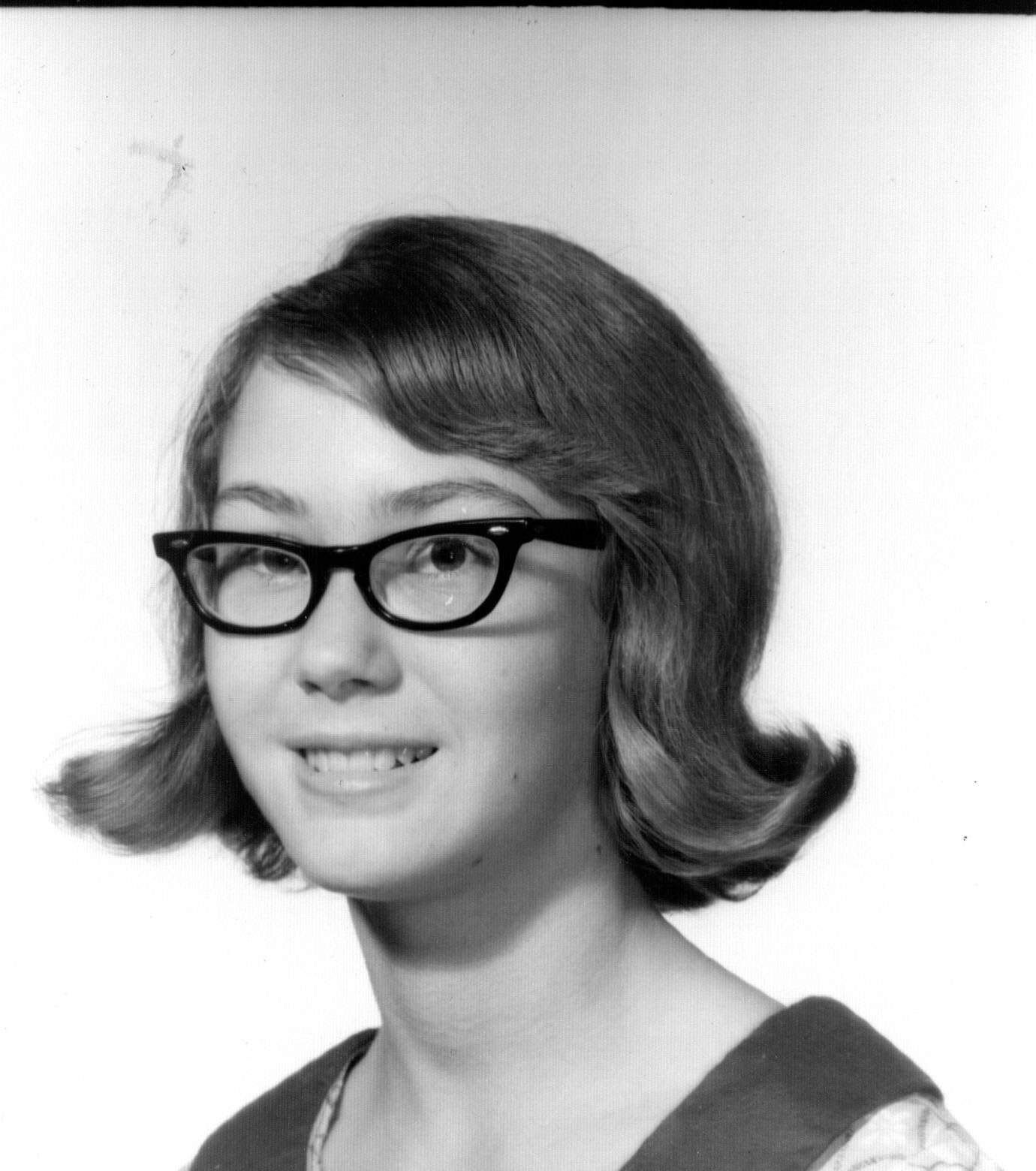I am still savoring The Lincoln Highway, a novel by Amor Towles. The story is good, the plot moves apace, but it was a page-turner because the author made me care about the characters. I appreciated how he let them emerge layer by layer, their inner monologue sometimes in sync and other times at odds with their actions towards others. They are complex but recognizable types. I assumed they would not all turn out to be angels – how interesting would that be? – but I was allowed to hope my gut feeling about one of the characters was wrong, until the end.
But now, SPOILER ALERT! I have more to say about the characters, so if you haven’t read the book yet, come back once you’ve read it, and let me know what you thought about them. I strongly recommend this book!
First, they characters are young! Not even old enough to be in “real” prison yet! I don’t know any men that age with as much maturity as Towles bestows upon them, but their inexperience becomes more apparent over time. Take Emmett, for example. He’s a quintessential oldest son and older brother, a straight-up guy with a solid plan for what he will do as soon as he graduates from high school. His great plan comes to a grinding halt when, in a flash of anger and stroke of terrible luck, he accidentally kills a young man his age. He makes it through his time in the Detention Center more or less intact, and still filled with purpose and the skills to enact his plan, but (alas), he’s young. When his former cellmates appear unexpectedly at his house the day after he is released, he does not recognize that now the gods are just toying with him. He has the means, the will, and skills to collect his young brother and make good on the promise of a better life, but he hesitates. Bless his heart, he thinks their intense, shared experience in lockup means they are friends, and thus as trustworthy (Duchess, no way) and redeemable (Woolly, sadly not) as he and his brother are.
Sociopaths. Or to be politically correct, persons who exhibit sociopathic behavior. Whatever. I am not a psychiatrist or expert in sociopathy or psychology, but I am a physician and I’ve come to recognize the condition in a medical context. I first recognized sociopaths during medical school. Here’s a composite example. A late-20’s male is admitted to the Medical intensive care unit (ICU) at the hospital because he’s vomiting blood and is in a type of alcohol withdrawal syndrome know as DTs – delirium tremens. His hands shake, he sweats, his speech is mostly incoherent, until he points at a snake visible only to him, and demands that we kill it. At this stage he is at high risk for progressing to seizures, life-threatening blood loss, heart arrhythmias and death. He is thrashing about and splattering blood on every person and surface of the hospital room. Multiple nurses, doctors and students are putting their lives on the line to save his. And, they do. A few days later he is sent out of the ICU, sober and medically stable and I am assigned to his case. I didn’t see him when he first came in, and I like him right away. He’s charming, witty, a little edgy, an avid reader of one of my favorite quirky authors. He blames only himself for his problems and tells me he’s glad he finally “hit bottom” and has me as his supporter and doctor-in-training to help him get back on track. He has already contacted his AA sponsor. It seems quite possible to me that he’s been misunderstood his entire life.
I am pleased that I have been able to help him. I am also indignant when the senior residents on the team take bets about when he’ll be re-admitted.
He remembers my name somehow and pages me through the operator a few days later, asks how things are going, and describes his attendance at daily AA meetings. Then he asks if I’ll write him a prescription for the valium that helped so much during the hospitalization. “That’s still above my pay grade,” I say, and he turns snarly. “Now see, you’re already starting to act just like the rest of them. I only have the booze to help me with the shakes now, since I can’t get a goddamn doctor to help me once I leave the hospital.”
It’s less than a month and he’s back in the hospital. He is admitted to a different team, but I go by to check in on him, hoping there is some explanation for his quick return. And there is. This time he’s in police custody for driving while intoxicated and injuring at least one person in a hit-and-run assault. He is jaundiced now, liver toxicity entering a late stage. He wastes no charm or wit on me this time, since I no longer serve his purpose. He is enraged that the system has somehow trapped him again. Nothing is his fault.
Sociopaths have a profound lack of conscience, and no consideration for others. They are missing a chink in their moral compass so they break the law, act like bullies, and defy societal norms if is suits their purpose. They aren’t sorry or feel guilty when they do things we would consider mean, immoral, or downright evil. They are sorry to get caught, and can put on an act of contrition, but being sad or feeling remorse because it is wrong, just doesn’t compute. Alcohol and other addictions are very common in sociopaths, but not everyone with an addiction is a sociopath. The term sociopath is not even a medical diagnosis. It is not like schizophrenia or major depression, conditions which are linked to neurochemical imbalances in the brain, and no medication can make someone no longer a sociopath. Sociopaths are not thought to be wired as such at birth, but rather develop that way during childhood when they have been abandoned, neglected or treated cruelly by the adults in their lives. Which is how we make our way back to our cast of characters on the Lincoln Highway.
Duchess is a sociopath.
He is charming as hell! Just like my patient was when I first met him! Sociopaths are often so charismatic and attractive that a relationship with them feels more like an addiction that anything else (check out the Atlantic Monthly article from October 2023 by Arthur C. Brooks “The Sociopaths Among Us – and How to Avoid Them”). I think of them as living on the dark side of the Golden Rule. Instead of treating others the way they would like to be treated, they spend every minute of their lives trying to screw the other guy before they get screwed. Like most sociopaths, Duchess didn’t have a chance – from what we can tell about his father, he was a sociopath as well, and so it goes. Duchess is a sociopath, and the villain in this story.
I’m not sure if there is a diagnosis for poor, sweet Woolly. Undiagnosed learning disorder? Low IQ? ADHD and thus always “woolly-headed?” I would be interested in other insights here. An enabling family seems to have given him a pass over the years, but at the expense of low self-esteem, severe anxiety and suicidal depression. When his brother-in-law, a different kind of bully, sets himself up as the family arbiter, Woolly can see no other way out. Duchess, the sociopath, does not cause Woolly’s death, but he never gives a thought to trying to help him, nor call an ambulance, “pump his stomach,” or at the least contact his family to say he had passed on. In Duchess’s mind, Woolly couldn’t help him anymore, therefore he was just taking up space. No mourning, just a body to step over.
Finally, we come to Billy, Emmett’s younger brother and the beating heart of the story. He’s also a charmer, but unlike Duchess, he is the anti-sociopath. His purity of heart and good intent imbue him with magic. Even the Bible-thumping train hustler – probably another sociopath – cannot prevail over him. The deus ex machina that saves Billy’s life is a fellow-traveler, self-condemned to a life of loneliness and despair, until Billy shows him the map home. Billy’s every human interaction is rooted in curiosity and mutual respect. He represents the best of what it means to be human, and gives Emmett the courage to do what needs doing. We should all aspire to be like Billy, the kid.




